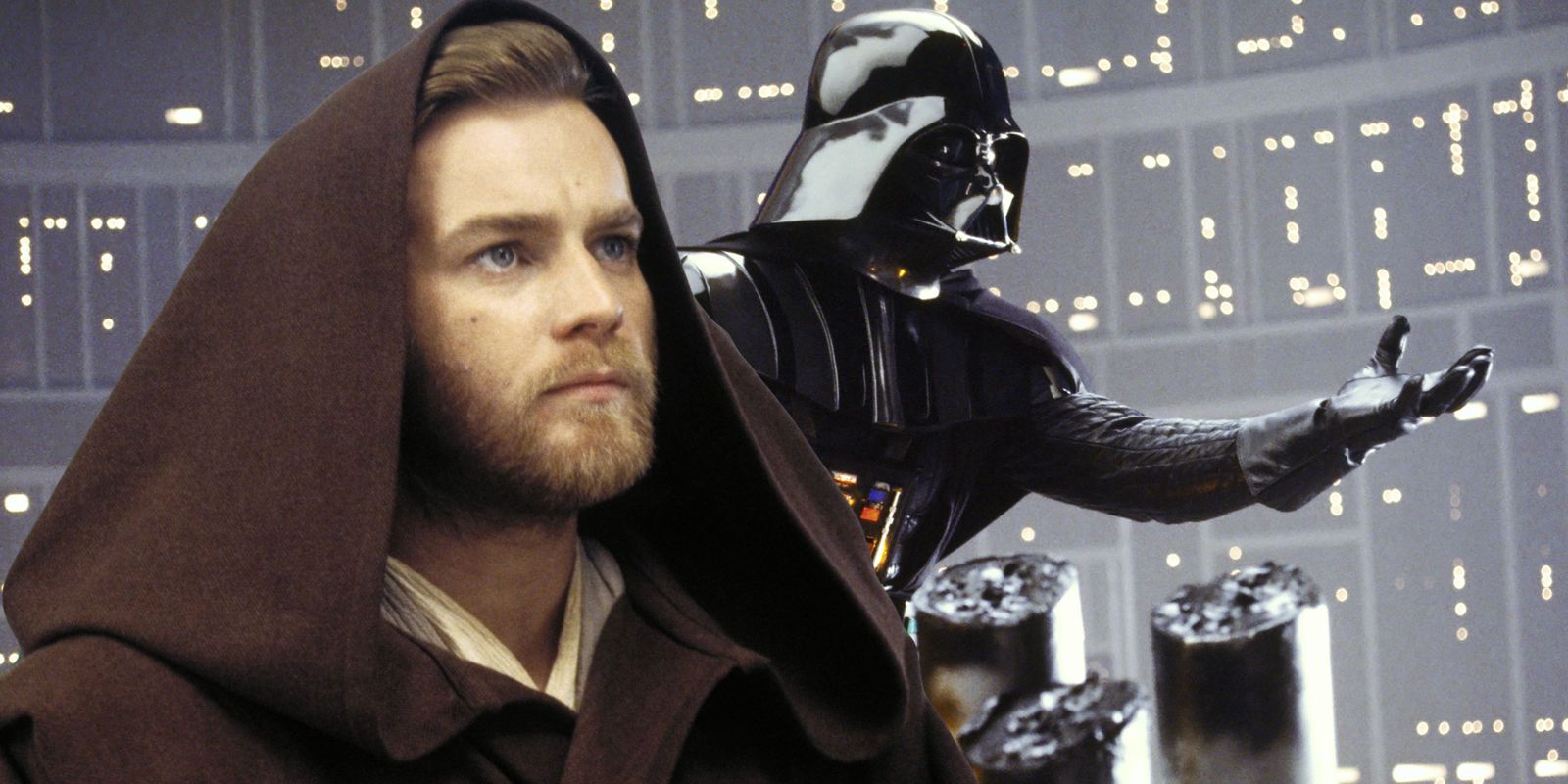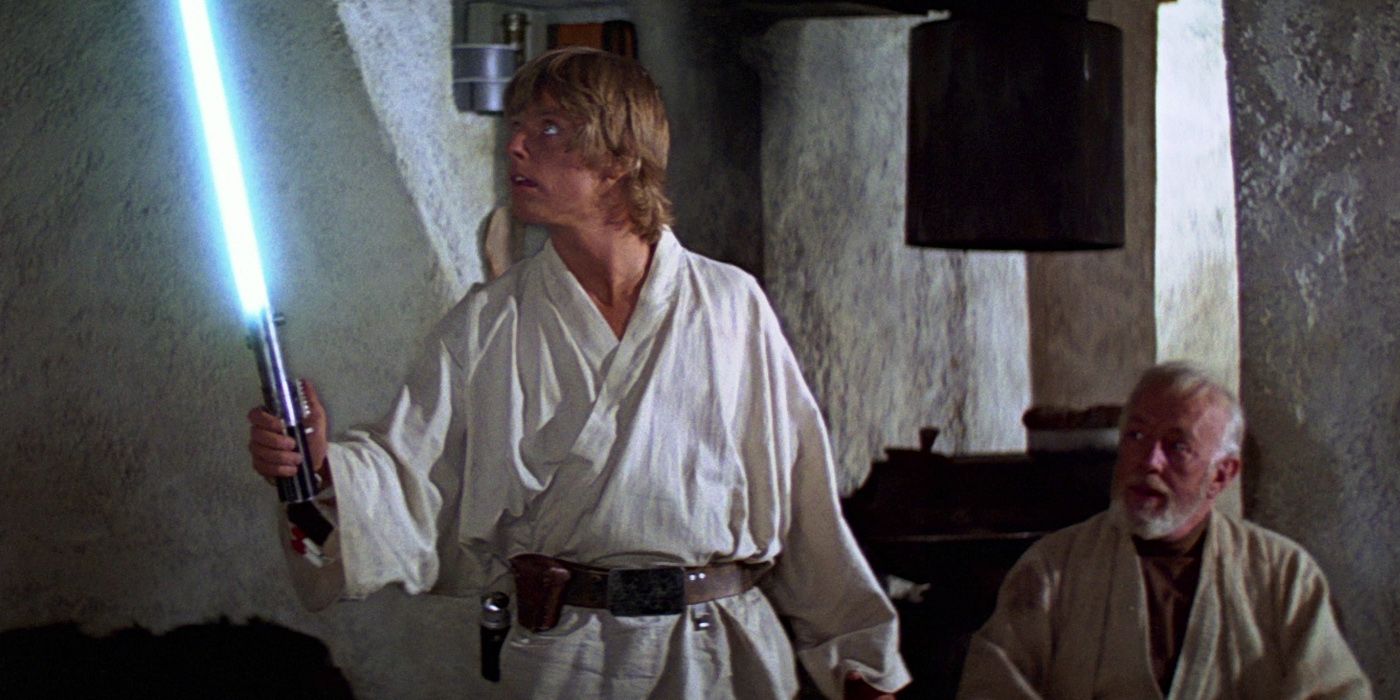It seems Obi-Wan Kenobi wasn't written as being dishonest when he claimed Anakin Skywalker was dead in Star Wars: A New Hope. In 1977's very first Star Wars movie, Luke Skywalker meets the reclusive Jedi Knight known as Ben Kenobi, who is revealed to have fought alongside Luke's own father as an ally and friend. Obi-Wan informs Luke that his father was murdered by the evil Darth Vader, setting up a deep personal vendetta that is pursued throughout the original trilogy.
In one of the most famous cinematic twists of all time, Vader is eventually revealed to be Luke's father and this forces a revision of Obi-Wan's words back on Tatooine. Most fans accept the theory that Old Man Kenobi was being metaphorical in order to spare Luke's feelings and hide his personal connection to the Dark Side, which might've deterred the youngster from training as a Jedi. In effect, Obi-Wan was actually saying that Anakin died because he turned into Darth Vader and cast his previous life aside.
However, this was not George Lucas' original intention for the dialogue. Lucasfilm creative art manager, Phil Szostak, has posted several fascinating "Star Wars mythbuster" threads on his Twitter account, including one concerning Obi-Wan's claim that Vader killed Anakin. Szostak claims that, when Star Wars: A New Hope was released in 1977, Anakin Skywalker and Darth Vader were still intended as two separate characters and, therefore, Obi-Wan wasn't written as misleading Luke in any capacity.
Szostak goes on to provide evidence that Anakin and Vader were different completely people throughout the scripting process for the original Star Wars movie, and also highlights how this element remained unchanged even into the first draft of The Empire Strikes Back. Finally, in his second draft for the sequel, Lucas penned the notion of Darth Vader being Luke's father, rather than killing him.
This fundamentally changes how the Obi-Wan Kenobi character is viewed in the modern era. Even if Kenobi lied to Luke for the kindest of reasons, the exchange still adds an element of deception to the retired Jedi's personality. However, many Star Wars fans enjoyed this note of shade to Obi-Wan, and it's interesting to find that the addition was merely a happy accident, rather than by design, with the conversation between Obi-Wan and Luke only taking on a new meaning following the end of The Empire Strikes Back. Perhaps if Kenobi's talk with Luke had been phrased in a different way, it wouldn't have been so easy to reframe his Vader comments as a white lie, and George Lucas would've been left with a gaping plot hole.
This also proves that Obi-Wan was originally written as an even more wholesome character - someone that sat Luke down after years of protecting the youngster from a distance and revealed the absolute truth of his past, free from innuendo and misdirection. Had this characterization remained unchanged, it's possible that Obi-Wan's development would've played out very differently. Portrayed by Ewan McGregor in the prequel trilogy, Obi-Wan is presented as somewhat of a rebel among the Jedi, taking after his own master. This willingness to bend the rules arguably derives from that very first lie to Luke back on Tatooine in Star Wars: A New Hope and without that moment, Kenobi might've forever been presented as a more straight-laced individual that always took the moral high ground.
Source: Phil Szostak



